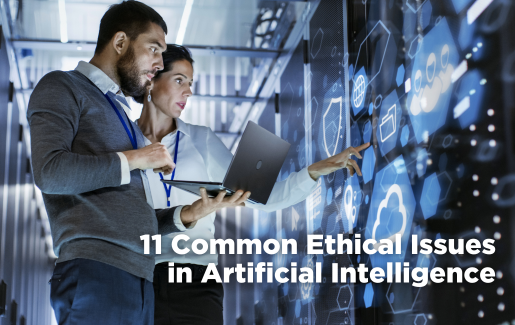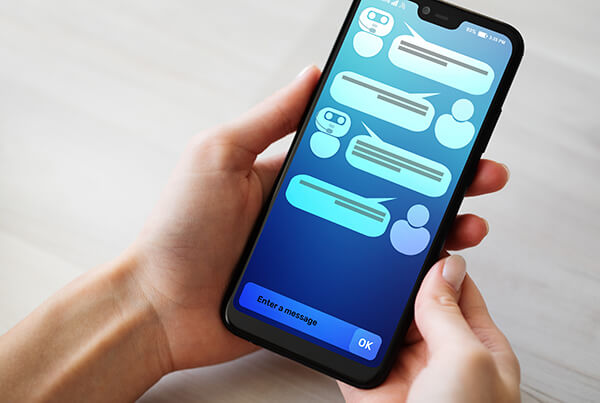The question of whether it is possible to program artificial intelligence (AI) to not become smarter than humans is a complex one, involving both technical and ethical considerations.
From a technical standpoint, current AI technology is primarily "narrow AI," which is specialized in specific tasks and operates under strict limitations. These systems cannot think independently or learn beyond their programming. The development of Artificial General Intelligence (AGI), which would be capable of human-like understanding and learning, remains a distant goal. Transitioning from narrow AI to AGI would require foundational breakthroughs in AI learning and interpretation. Therefore, the idea that AI could spontaneously evolve to outsmart humans is unlikely with the current state of technology.
Ethically, there are implications to consider when discussing the restriction of AI intelligence. AI is designed to assist and augment human capabilities, not to replace them. However, as AI evolves, regulatory frameworks must also mature to ensure safe and ethical development. Proactive regulation can help mitigate risks and ensure AI serves as a tool for positive advancement. There are ongoing international efforts to regulate AI, such as the European Union AI Act and the OECD Principles, which emphasize transparency, accountability, and respect for human rights.
Moreover, the ethical implications of restricting AI intelligence include concerns about technological unemployment and the potential for AI to replace human roles in various sectors. While some studies suggest that automation may not lead to widespread unemployment, the debate over technological unemployment continues, with varying opinions on its long-term implications and potential solutions.
In conclusion, while it is technically feasible to program AI systems to operate within certain limitations, the broader question of whether AI should be restricted from becoming smarter than humans involves ethical considerations and requires careful regulation and governance to ensure that AI development aligns with societal values and priorities.






